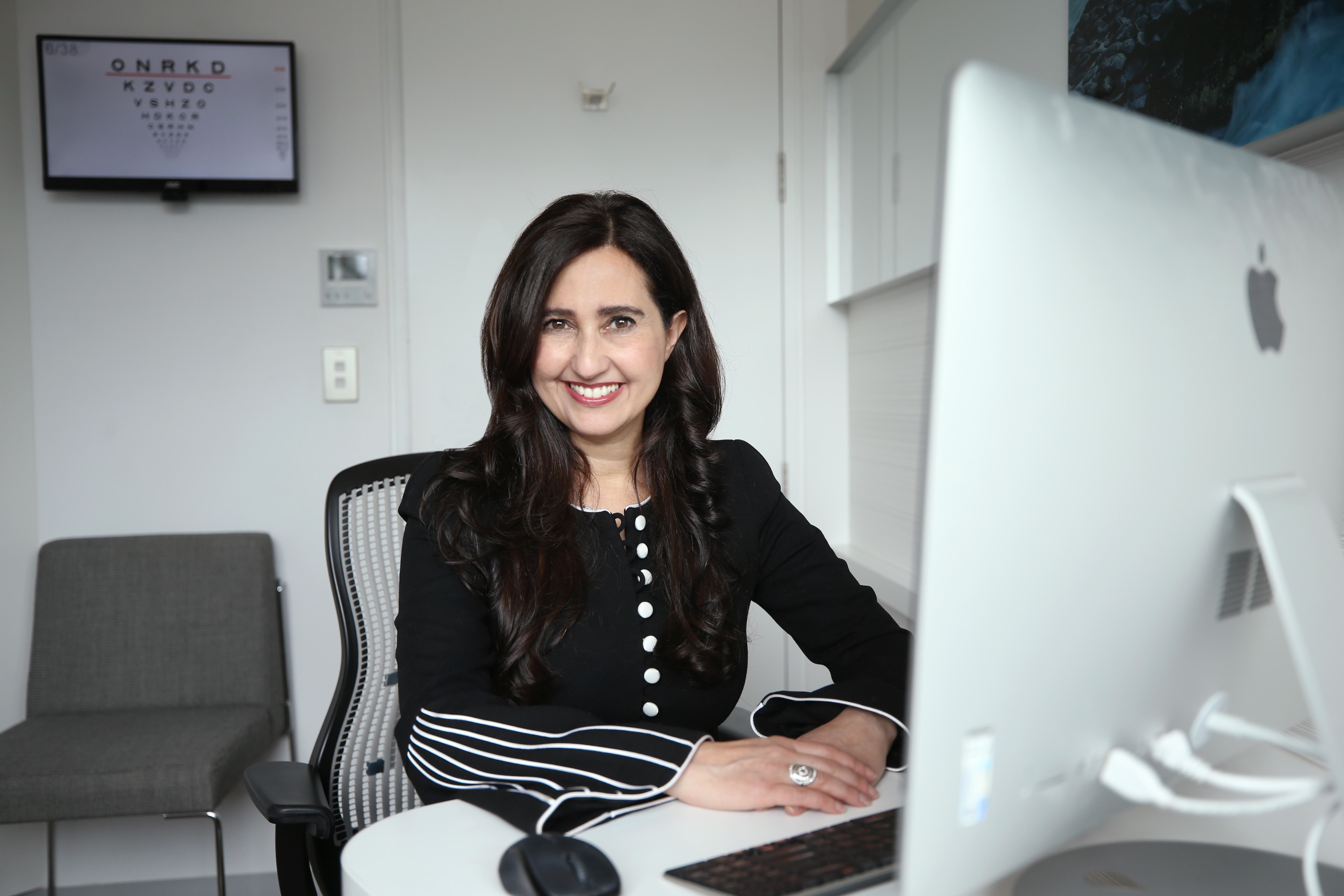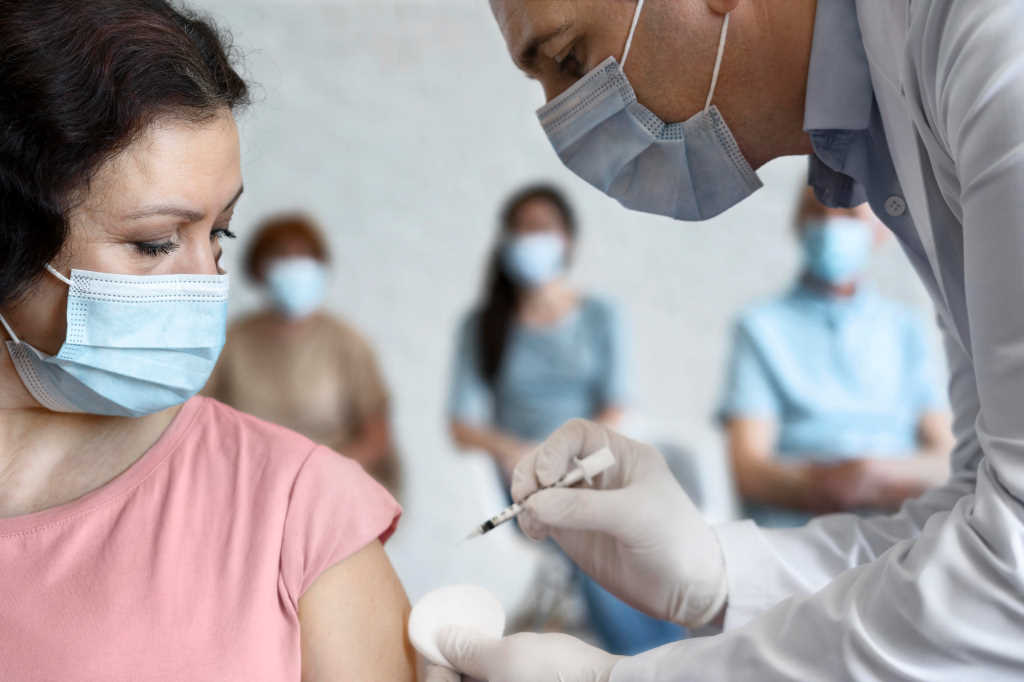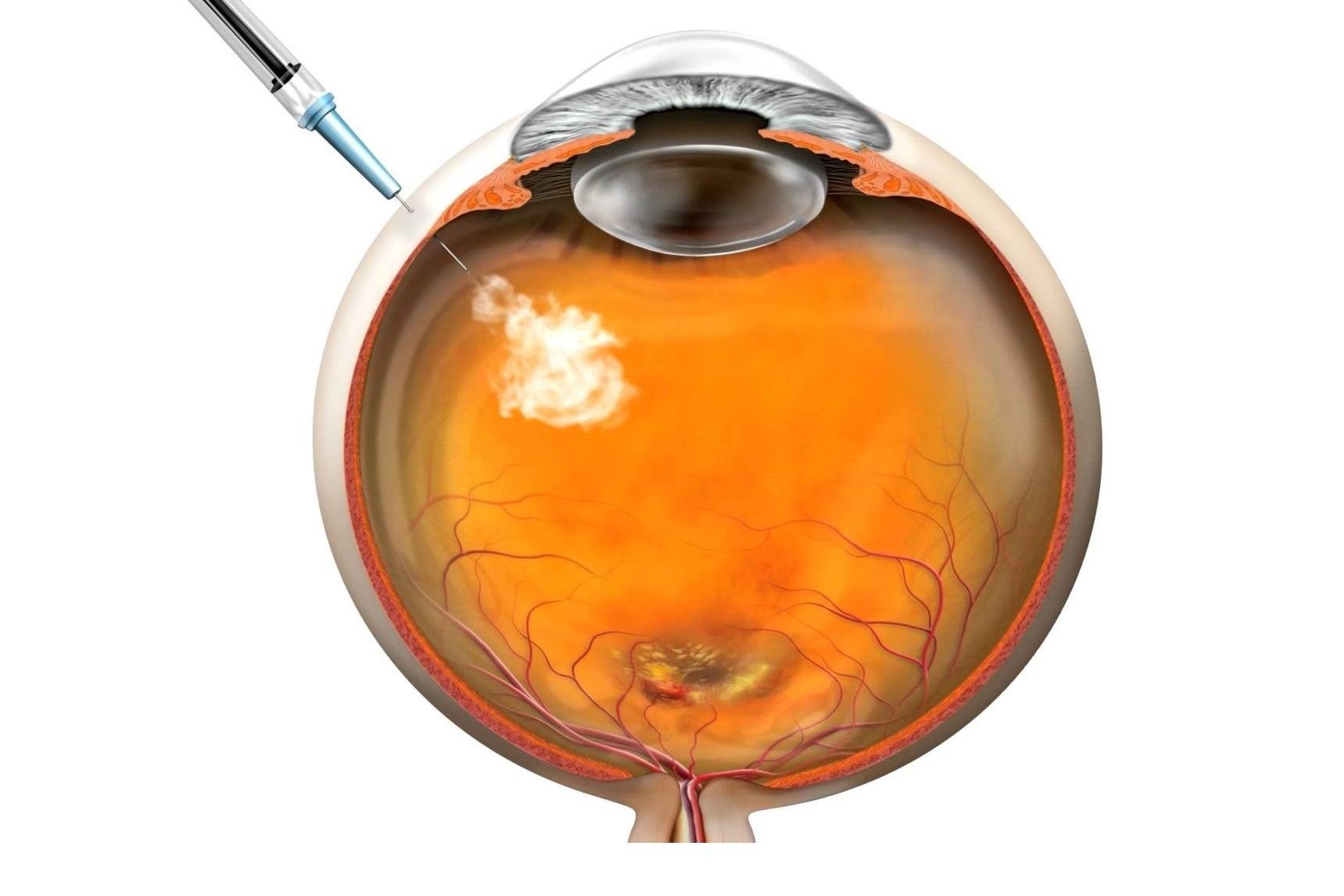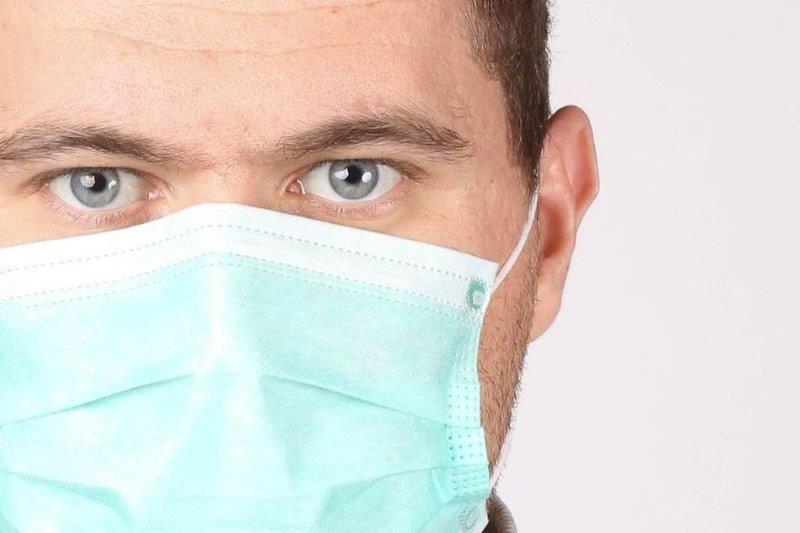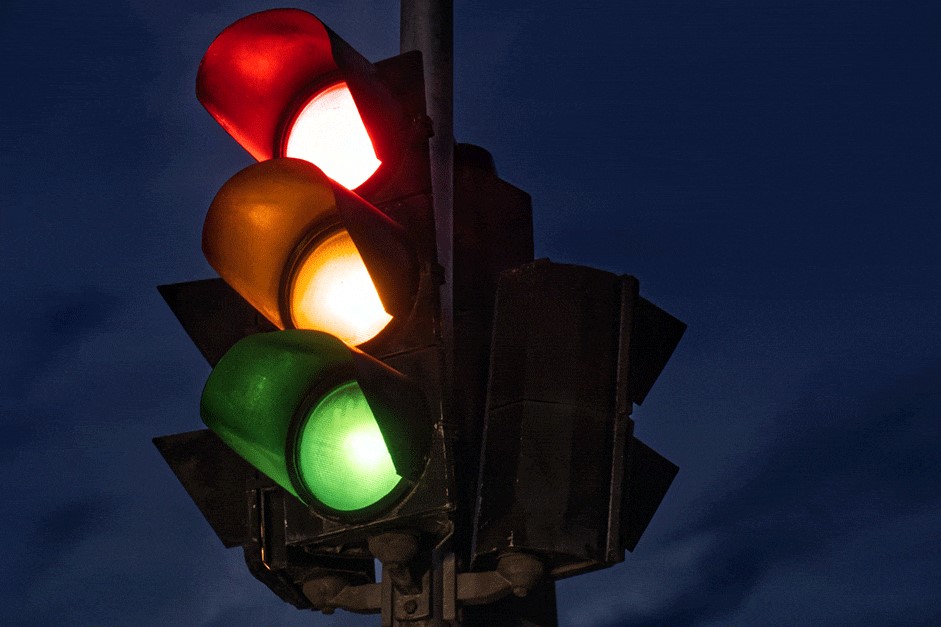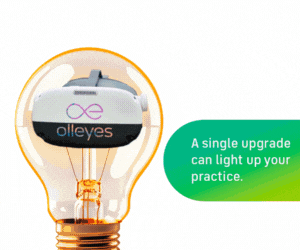Supporting your glaucoma patients in lockdown
How can you continue to support your glaucoma patients remotely during a Level 4 or Level 3 lockdown? NZ Optics asked Glaucoma New Zealand (GNZ) chair Professor Helen Danesh-Meyer for some advice.
1. How is GNZ maintaining awareness and support?
These are unprecedent times for all New Zealanders. GNZ is focusing on keeping communication channels open on as many different platforms as possible, so we can provide accurate and reliable information. This includes sending emails and our Eyelights newsletter to members and putting up regular updates on the GNZ website and Facebook page.
GNZ’s Facebook Q&A offers real-time interviews, answering member questions, while our 0800 number is always available to everyone. We’ve had a range of calls during the Covid-19 crisis. For example, a tourist with glaucoma in lockdown ran out of drops, so GNZ was able to arrange a prescription and a chemist to deliver the drops to her.
2. What should optometrists be doing to help?
During times of uncertainty, providing information provides some sense of control. GNZ has several important messages that optometrists can share with their patients. These are extensively discussed on our information sheet, but here are the key points:
- The most important point is to make patients feel comfortable contacting you, their eye care professional, during this crisis.
- Most glaucoma is slowly progressive, therefore it’s important to reassure patients the risk of progression over a few months is low. Patients tend to panic if they can’t keep their appointments, so it is important to provide them with very clear information about their level of glaucoma. Our research has shown, patients are often afraid to ask how severe their glaucoma is and that eye care professionals assume their patients know, so it’s often very reassuring for patients to be told, “Your glaucoma is early and stable”. This provides a huge sense of relief for patients.
- Encourage patients to use their drops regularly and emphasize this is the best way for them to keep their glaucoma stable. If a patient was started on a new drop recently, it’s a good idea if someone can call them and check they are not having side-effects and/or to ask if they have any questions.
- Look through the list of patients you were going to see and had to cancel for the lockdown. The ones at greatest risk of having permanent damage from the delay in treatment are those who have visual field defects in the paracentral area and those who are ‘rapid progressors’. Studies define rapid progressors as those who deteriorate by more than 1dB a year with reliable visual field testing. It is important to prioritise seeing these patients as soon as the restrictions ease off.
- Offer a telephone/tele-consultation. Patients will feel reassured knowing you are there for them.
3. What needs to happen when restrictions lift to get back on track?
There are three areas that eye-care professionals will need to focus on when we they are back:
i) Trying to catch-up with cancelled appointments. For glaucoma, it is important to prioritise and give the first appointments to patients who are at the greatest risk of progression.
ii) Change how we see patients and inform patients what to expect.
Even when we are back from lockdown, the way we are going to practice will have to change. There will be much greater restrictions in the way we see patients. It is important to give patients the heads-up before they come and see you, so they know what to expect. This could include:
- A routine call prior to their appointment to confirm the appointment and ask a range of questions to ensure they are low risk
- Requesting they come alone or with one supporting person. It is important to explain to them that this is to maintain social distancing and keep waiting rooms from over-crowding, but we will need to be flexible and consider exceptional circumstance
- Some doctors/practices checking their patient’s temperature on arrival. Again, if this happens, patients need to be reassured this is being done for everyone’s protection including their own
- Seeing their eye care professional wearing a mask
There may be other changes as well. The key to keeping patients happy is to inform them prior to their appointment about what they can expect.
iii) Remember that Covid-19 can present as conjunctivitis, so have appropriate PPE available and pre-screen patients who present with symptoms of conjunctivitis. Make sure you are protected.
4. Anything else optometrists should be mindful of?
Another really important point to remember is that patients are scared to venture out because of Covid-19. However, there is a growing body of evidence that important treatment for non-Covid-19 health conditions are being delayed because of the focus on Covid-19. It is important for eye care professionals to encourage patients to contact them if they have any new symptoms, so we can guide them on whether they need urgent assessment.
GNZ is aware the guidelines and restrictions are rapidly changing, so will continue to provide Covid-19 updates as information unfolds about how the restrictions will affect access to eye care.
Kia Kaha!
Professor Helen Danesh-Meyer, Chair, GNZ








